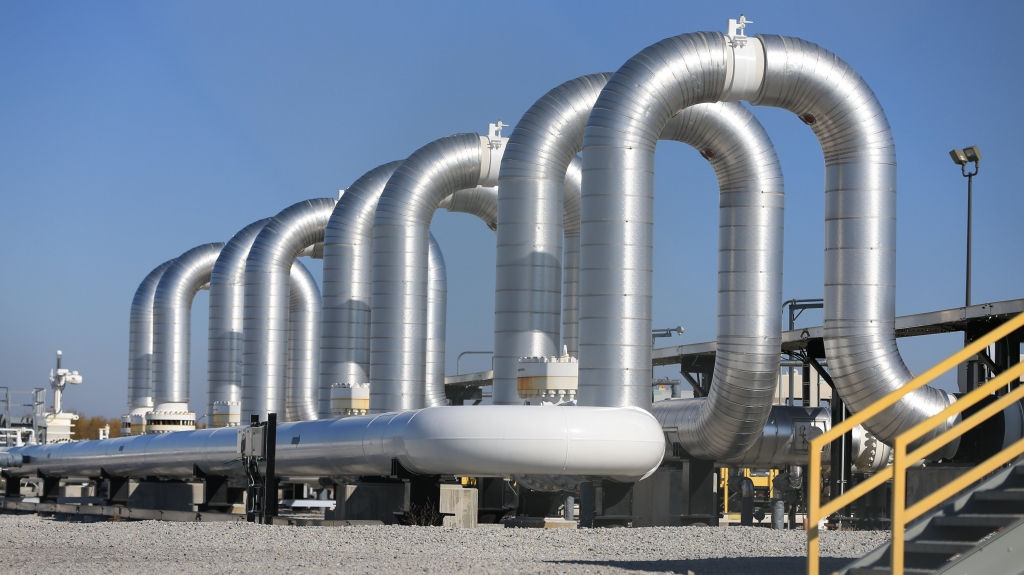-
Tips for becoming a good boxer - November 6, 2020
-
7 expert tips for making your hens night a memorable one - November 6, 2020
-
5 reasons to host your Christmas party on a cruise boat - November 6, 2020
-
What to do when you’re charged with a crime - November 6, 2020
-
Should you get one or multiple dogs? Here’s all you need to know - November 3, 2020
-
A Guide: How to Build Your Very Own Magic Mirror - February 14, 2019
-
Our Top Inspirational Baseball Stars - November 24, 2018
-
Five Tech Tools That Will Help You Turn Your Blog into a Business - November 24, 2018
-
How to Indulge on Vacation without Expanding Your Waist - November 9, 2018
-
5 Strategies for Businesses to Appeal to Today’s Increasingly Mobile-Crazed Customers - November 9, 2018
TransCanada to file 2 legal challenges to Keystone rejection
“The president denied the Keystone XL pipeline permit, even though Congress approved it on a bipartisan basis”.
Advertisement
Instead, the Calgary-based company is taking legal action against the United States government, which rejected the controversial pipeline in November – a move that TransCanada says was “arbitrary and unjustified”.
TransCanada claimed that Obama’s decision to deny construction of the pipeline exceeded his power under the US Constitution.
“We have undertaken a careful evaluation of the administration’s action as it relates to NAFTA and believe there has been a clear violation of NAFTA in these circumstances”, said TransCanada.
The denial was a “symbolic gesture” to make the administration’s position on climate change conform to worldwide perceptions, rather than on the merits of the pipeline, according to the press release.
The company also announced the same day that it will submit a separate petition seeking the billions in damages, alleging the US breached its obligations under the North American Free Trade Agreement.
The lawsuit has been filed in federal court. “We do not comment on pending litigation”, a State Department representative said Wednesday night.
TransCanada Corporation said it was looking to recover an estimated $15 billions it spent over many years trying to win approval for the pipeline before Obama rejected the project last November.
The project became a political lightning rod, with opponents saying it would exacerbate global warming by encouraging development of Canadian oil sands and endanger groundwater and sensitive landscapes like the Nebraska Sandhills. The ban finished the seven-year battle over the pipeline.
The line’s rejection was a victory for environmental advocates, who sought to couple the pipeline with campaigns to combat climate change. Environmentalists urged him to squash Keystone, and powerful labor unions pushed the administration to green-light the project and create tens of thousands of jobs in the process. The pipeline was expected to bring more than 800,000 barrels of oil daily to U.S. refineries.
Advertisement
Environmental groups – which helped turn the pipeline into an worldwide symbol of the fight over climate policy in the US – argued that allowing the pipeline’s construction would undercut efforts to rein-in global warming, both by enabling new wells to be built and by marring the Obama administration’s supposed leadership on climate issues on the worldwide stage.





























